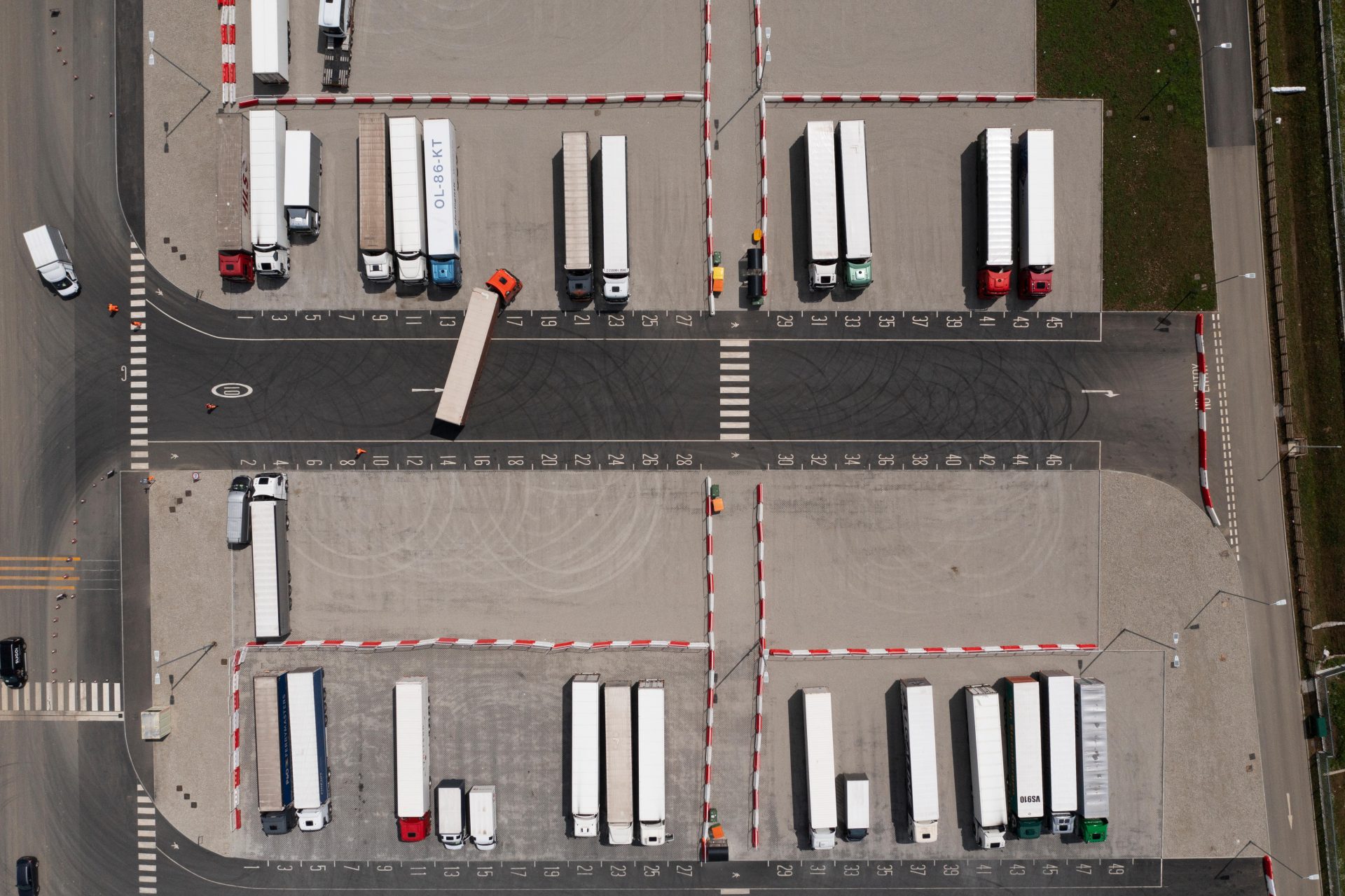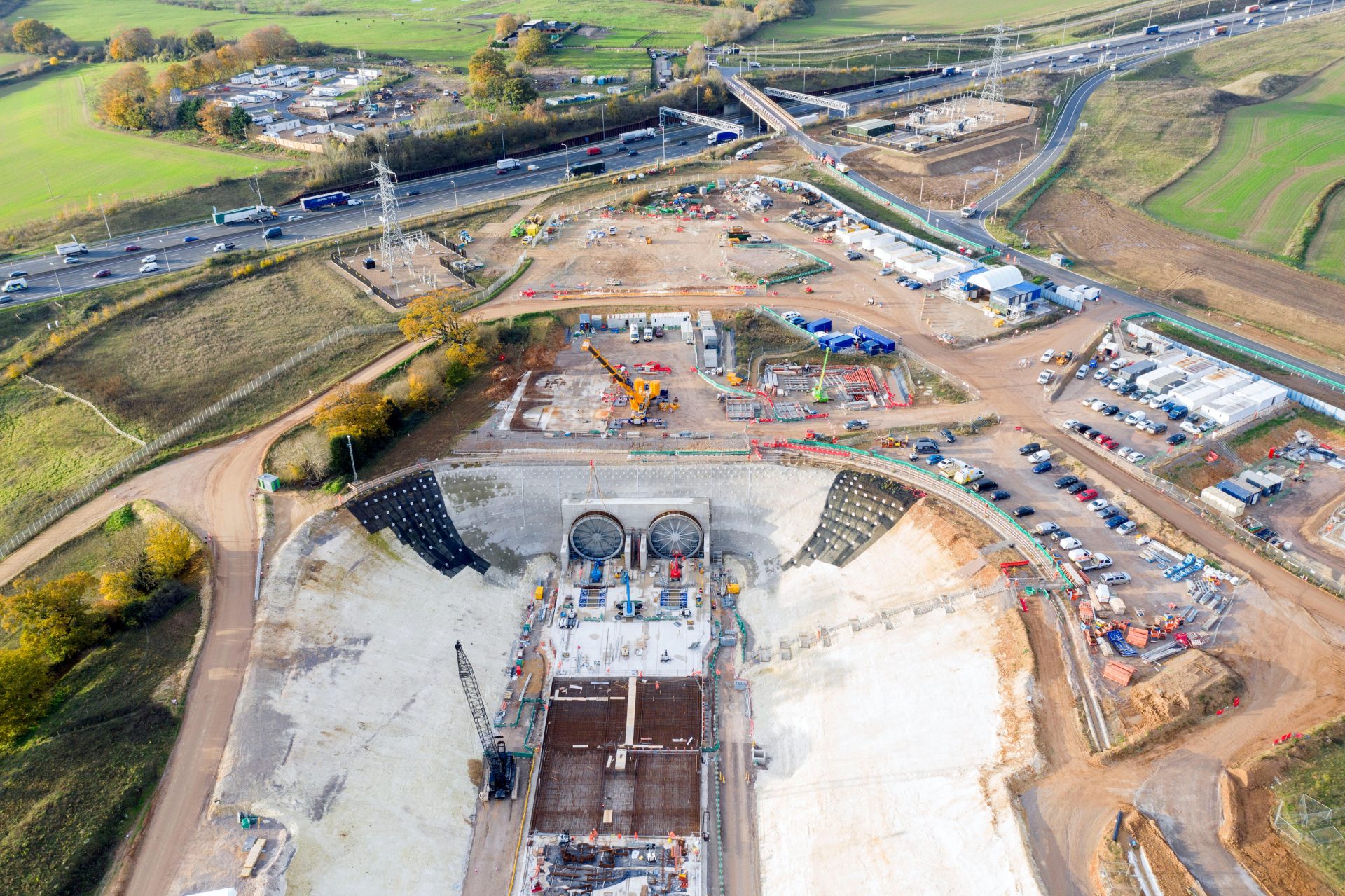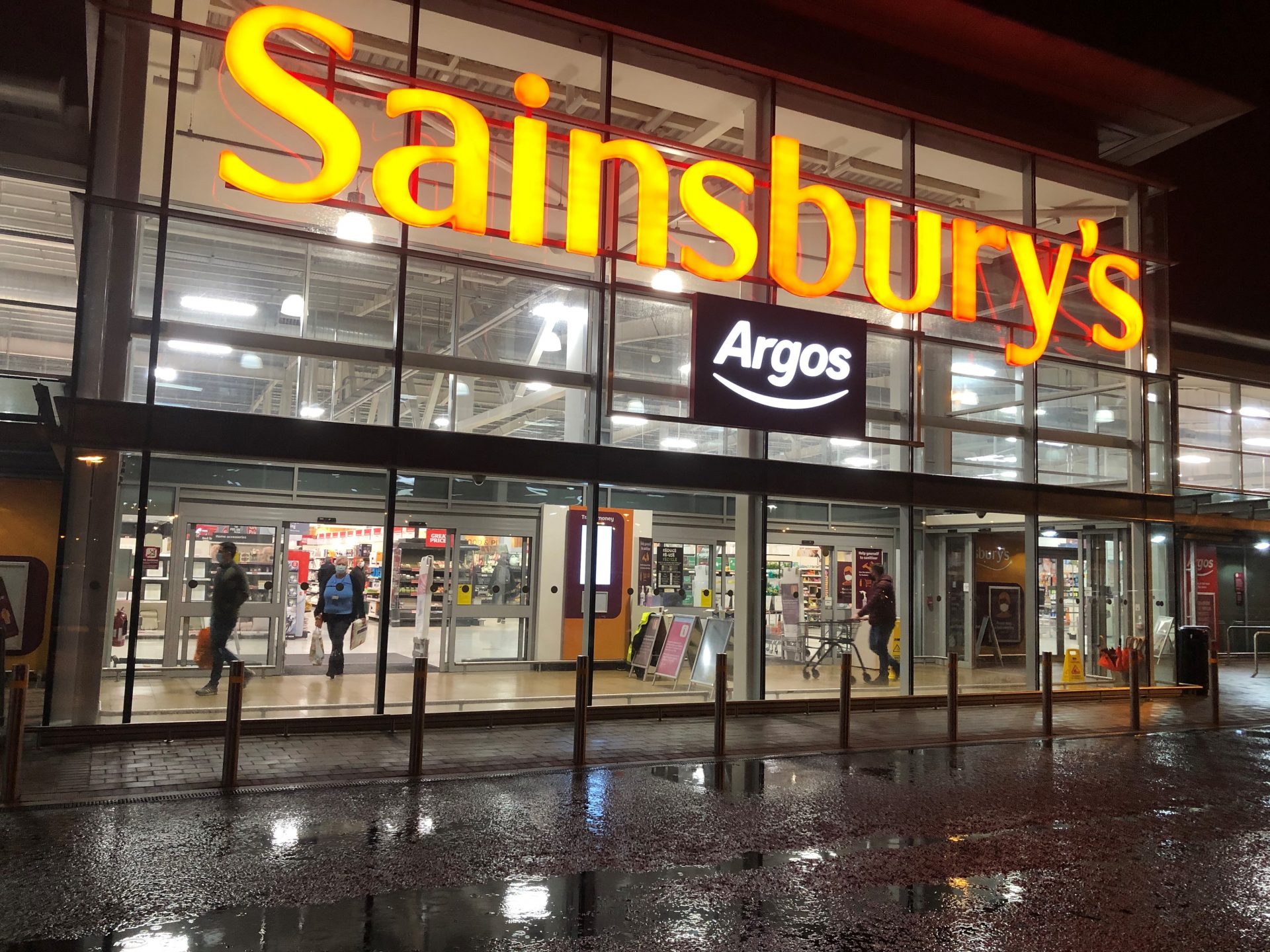Nando’s and KFC stop selling chicken, their raison d’etre, because they can’t get it to their outlets, McDonald’s stops selling milkshakes for the same reason, some supermarket shelves are looking threadbare, blood-test tubes are running out and the traditional first mention of Christmas is, this year, about what shortages there will be. Something is very, very wrong.
But none of this has come as a shock to the UK’s logistics industry: it has been warning for months that the system was stretched almost to breaking point. It has 100,000 fewer drivers than it needs and lorries are parked up across the country for lack of workers.
The crisis for the industry has many causes, an ageing workforce, lack of training, Covid and new tax rules. But the straw that is breaking the camel’s back is Brexit and especially the way it was introduced almost overnight, forcing the industry to go cold turkey.
The ageing workforce is explained by the long hours, bad conditions, low pay and unsocial aspects of the work. Young people who can get a job indoors, with regular hours, and sleep in their own bed every night don’t want to become a trucker for slightly more money than they already earn.
Training is another major problem. Covid has slashed the number of driving tests available for those entering the industry, there were 25,000 fewer tests in 2020 compared with 2019. On top of that the costs of getting an HGV licence puts off many applicants. The government could help by reforming the apprenticeship scheme, encouraging more firms to take on trainees. But the apprenticeship levy introduced by the government to fund training has been an abject failure and yet it refuses to change even that.
HMRC also bears some of the blame for the crisis. Independent drivers used to pay less tax but many have now been forced into the PAYE system and it is costing them a fortune. For many, including foreign drivers working in the UK, this means the game is no longer worth the candle.
All those factors have hit the industry but the elephant in the room remains Brexit.
The industry calculates that it lost 20,000 drivers almost overnight because of Brexit, a body blow from which it is reeling. It is, however, not the only blow that Brexit has delivered. Foreign truck drivers delivering food or goods from the continent used to pick up loads in the UK while they were here. But because of the new red tape and delays at the borders many are now returning empty, a cheaper and easier option than dealing with checks and endless form filling.
This means more British drivers and lorries are needed to fill the gaps, and this is likely to get worse. The UK has yet to introduce all the border controls and checks it is committed to under the Withdrawal Agreement, the road haulage industry has that joy to come.
The most worrying aspect of those problems is that when the industry approaches government it gets next to nothing. The extension of drivers’ hours is a sticking plaster that cannot solve the problem, promises to speed up testing or encourage recruitment will take ages to work.
Meanwhile industry insiders I have spoken to are pulling their hair out: letters calling for urgent action and suggesting solutions aren’t even answered, let alone acted on; requests for help are ignored, the industry finds itself stonewalled by junior ministers and unable to persuade them there is a crisis.
When they can get a response, they are told they are in the private sector and therefore not the government’s problem, paraphrased by one insider as: “It’s nothing to do with us mate, you sort it out.”
That is deeply worrying as many of the problems are well beyond its powers to solve.
For many who supported leaving the EU, however, the shortages are a sign that Brexit is ‘working’ by forcing up wages and removing cheap foreign workers who they claim have undercut British lorry drivers. They think that higher wages will solve all the industry’s problems by attracting more workers.
The industry is increasing pay and offering golden hellos to drivers but with a countrywide shortage this is just moving the same drivers around, not solving the problem.
The road haulage industry warns that it will take years to train enough drivers to make up for those lost and it will also mean higher prices in the shops and says it needs government support if it is going to find the tens of thousands of extra drivers it needs in the UK.
Reforming training, testing and the apprenticeship scheme, tax changes and allowing in drivers under the Home Office’s skilled workers scheme would all help. The industry’s latest request was for temporary work visas for foreign drivers, to at least give it time to adjust.
The Home Office answer was to churn out its stock response that “the British people voted to end freedom of movement”, as if its hands are tied and none of the consequences of the deal it negotiated are anything to do with it.
The new visa system might not even work if it was applied to HGV drivers, it is expensive, messy and foreign workers pay extra taxes for health cover – not exactly a welcoming environment. Also, attracting drivers with the promise that once the emergency is over, they will be chucked out of the country, is a hard sell.
The logistics industry may have become too dependent on foreign drivers and not invested or paid enough to attract British workers but stopping that dependence overnight was bound to cause huge problems.
The government has done little or nothing since the Brexit referendum to prepare for potential staff shortages and logjams. It hasn’t increased training or encouraged key workers from abroad to stay. It wasted five years. Even more worryingly it still isn’t doing anything like enough and this isn’t a problem limited to logistics.
The UK has many sectors dependent on foreign staff, from care homes and the NHS to farming, food processing and construction. There are not enough British workers to fill the gaps, even if they had the skills to do so. Many of those industries have warned the government that they too have similar problems to the road haulage industry and no way of solving them without government help. But answer comes there none.
The government, seemingly terrified of admitting that Brexit is causing any problems at all, is silent. It apparently just hopes these are teething problems, somehow industry will cope and things will get better, when it should have listened to those in the know and been proactive and realistic. As a result, the chickens are coming home to roost.




